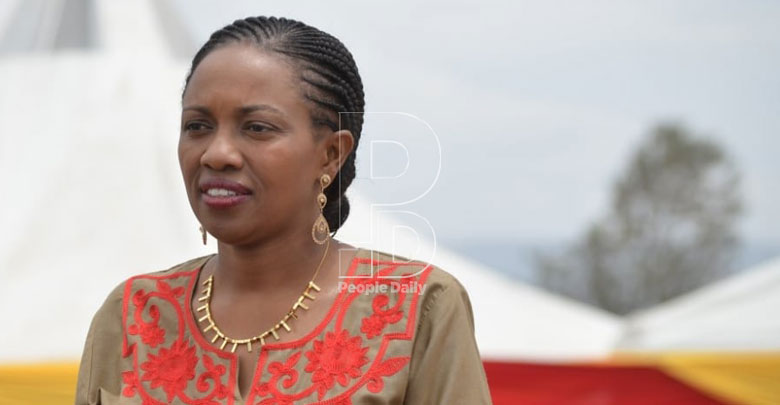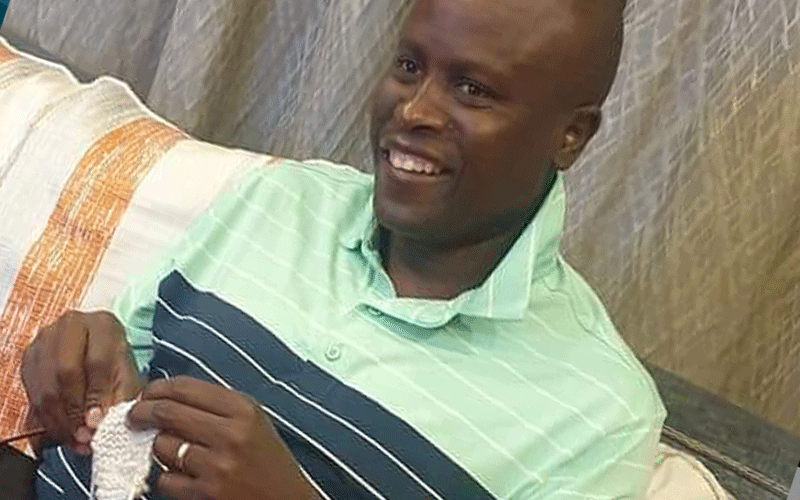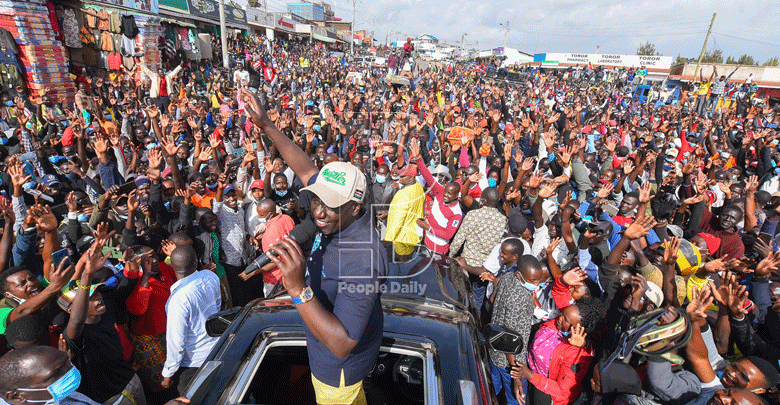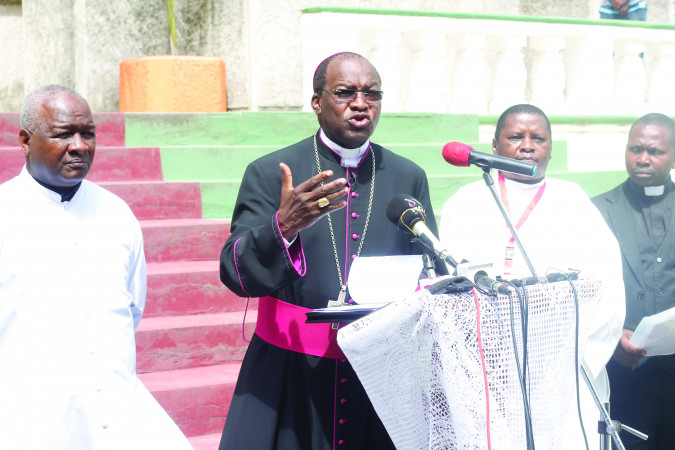The good, the bad and the ugly of revenue sharing stalemate

Eric Wainaina @EWainaina
Game plans by leaders seeking to consolidate their support bases for the 2022 polls, revenge from disgruntled senators ousted recently from key positions have been cited as factors to blame for the stalemate in Senate over the revenue allocation formula.
The other is the quest by young lawmakers to make a mark on the national stage.
It’s also a delicate balancing act for President Uhuru Kenyatta who is keen to appease voters in his strongholds, largely comprising populous counties that have been protesting unfairness in revenue distribution and still soothe those from less populated counties that stand to lose Sh17 billion if the proposed formula is adopted.
The debate, which has failed to pass seven times after senators were unable to build consensus has become emotive despite the topic being alive since April 22, 2016 when Senator Kimani Wamatangi (Kiambu) filed a case challenging the formula employed by Commission of Revenue Allocation on grounds of unfairness to populous counties.
Senators are today expected to discuss the formula for the eighth time.
Observers and leaders agree national, regional and local political interests, especially with the next General Election being two years away, have fuelled the row since leaders eying national seats are not willing to antagonise their support bases.
Regional interests are also at play where due to the formation of the regional block, that are mainly made of counties with common political and ethnic interests want to stand with each other while senators, who are seeking re-election or will contest for governorship, are not ready to participate in a process that will see their regions lose money.
Dr Richard Bosire, a Political Science lecturer at the University of Nairobi argues that senators, who were kicked out from leadership posts in a purge by the Jubilee Party, overseen by President Kenyatta who is backed the new formula, would want to fight it as a way of getting back at the party.
He was making reference to senators Kipchumba Murkomen (Elgeyo Marakwet), Nakuru’s Susan Kihika and Kithure Kindiki (Tharaka Nithi) have taken hardline positions on the matter.
“They are playing at the national arena but the predominant factor that is at play is local.
And again you go back down to their own constituencies, losing money will mean the representatives losing votes in 2022.
Getting more money could mean they will get more votes. So the tag of war is clearing defined by the basis of local politics and its for that reason the President and party leaders have failed to marshal a majority in favour of the formula because its every politician for himself.”
Prof Macharia Munene, a Professor of History and International Relations at the United States International University (USIU) also suggested that the impasse was largely caused by 2022 politics that are driven by jealousy and insincerity of some leaders.
“Senators are playing politics and because each of them want to be re-elected or be given new seats in 2022 and they must be seen to have fought for his people at the right time.
Those saying that the new formula should not be used, some of them are looking at 2022 while those who are losing want to be seen to have defended their regions,” Prof Munene said.
He added: “What you have at display is a distrust of the constitution. Otherwise there should be no issue but since the constitution is suspicious and it was done in a suspicious manner as if to fix people based on this or that, we are going to have a lot of problems since we have a situation where people don’t want anything that will appear to benefit someone else.”










